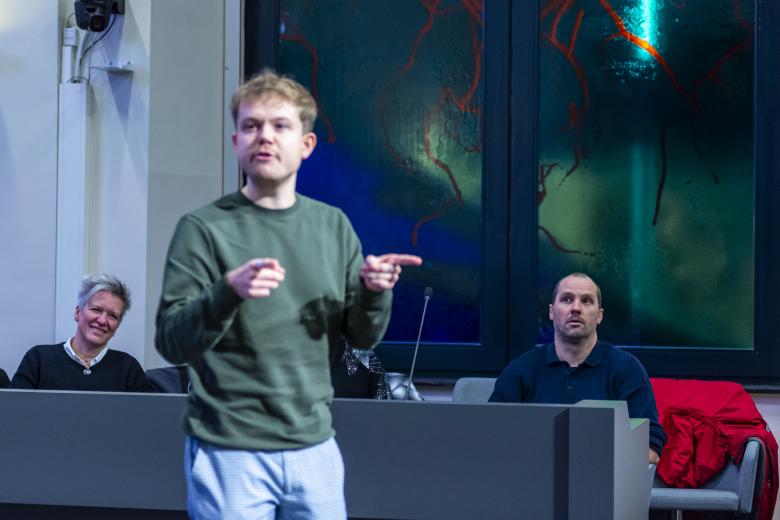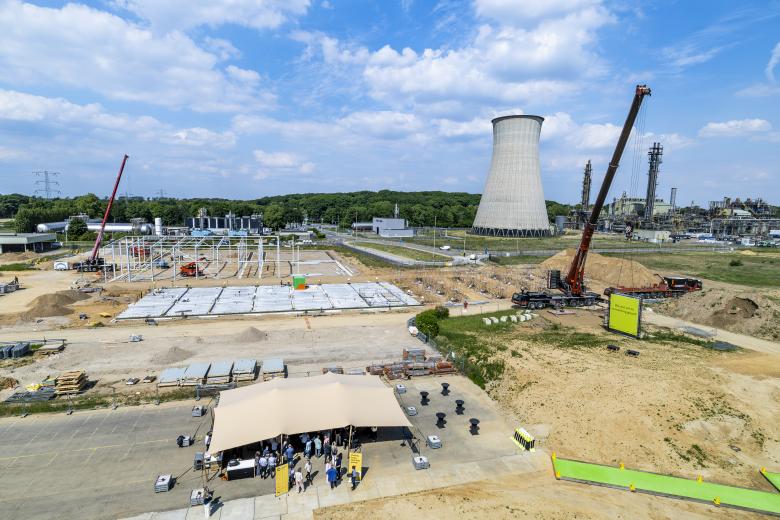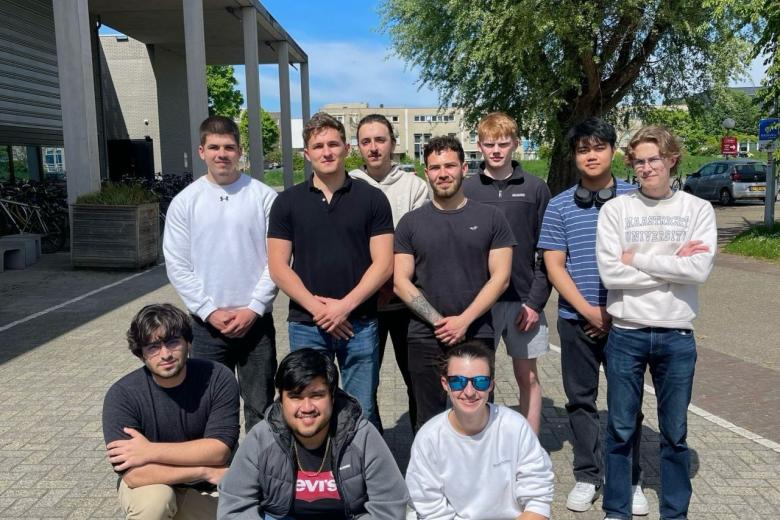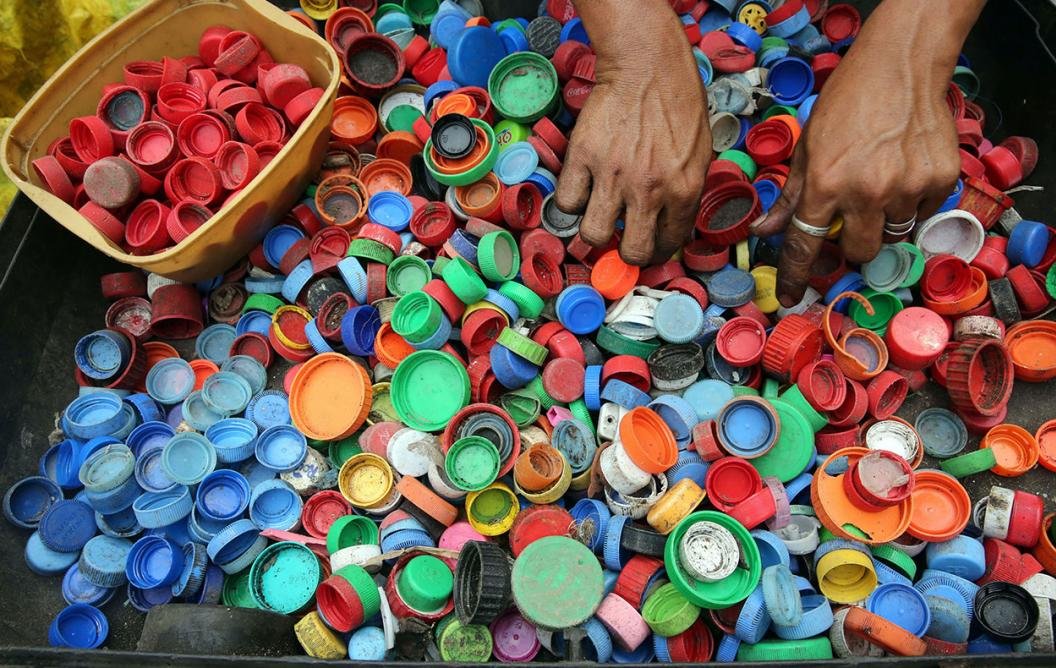Rethinking Plastic House
From vacuum cleaners to plant pots, from curtains and carpets to mattresses and from furniture and kitchen cabinets to packaging. More and more products at home are available in recycled plastic. And there are not only window frames made of plastic, but now also facade cladding and even an entire house. From 16 to 24 October, The Embassy of Rethinking Plastic will present the Rethinking Plastic House at Yksi Expo as part of Dutch Design Week in Eindhoven. The project is in collaboration with various partners of Brightlands Chemelot Campus.
The urgency of plastic as an environmental problem is clear, but at the same time, a world without plastic is hard to imagine. See the useful applications in the medical field, in the field of electricity, in cars and aeroplanes and in household appliances. Plastic must be reinvented and produced sustainably in a way that it can also be easily reused.
So, we have to think differently about plastic as a material and deal with it differently. Companies, knowledge institutes and designers are already contributing to this. By using bioplastics or other alternatives from renewable materials and by producing and designing in such a way that plastic products last longer, they are easier to separate and, therefore, easier to recycle. Designers can also devise ways to reuse plastic and create plastic products with (emotional) value, which provides a different experience. That’s what we call upcycling.
Versatile material
Curated by Leonne Cuppen, the Embassy of Rethinking Plastic and Yksi Expo have been fully committed to this theme for the past year. The main exhibition is continuously updated, and alongside this, there are temporary side exhibitions. Within the Rethinking Plastic Academy, students from various design courses and young, recently graduated designers work on the theme of plastic.
Yksi Expo has been focusing entirely on this theme with the Rethinking Plastic programme for over a year now. The main exhibition is constantly renewed and there are also changing side exhibitions. Within the Rethinking Plastic Academy, students from various design courses and young, recently graduated designers are also working on the plastic theme.
To inspire consumers, companies, researchers and designers, Yksi Expo will introduce the Rethinking Plastic House during Dutch Design Week 2021, a fully equipped studio with numerous examples of (building) materials and (interior) products made from recycled plastic or bioplastic or made from alternative, renewable materials.
This project is realised in close collaboration with companies and knowledge institutions of Brightlands Chemelot Campus in Sittard-Geleen the center for the development of high-quality circular materials and processes, and partner in Chemelot Circular Hub.
Embassy of Rethinking Plastic
The Rethinking Plastic program (Expo, Academy, House) also forms the Embassy of Rethinking Plastic, part of the World Design Embassies of the Dutch Design Foundation.
Brightlands Chemelot Campus
Brightlands Chemelot Campus is one of four innovation campuses in Limburg where 100 companies and institutes in an ecosystem innovate together in the field of circular chemistry and materials. The campus is partner in Chemelot Circular Hub.
The Rethinking Plastic House is being set up in collaboration with the Aachen-Maastricht Institute for Biobased Materials (AMIBM), Brightlands Materials Center (BMC), Maastricht University (UM), Chemelot Innovation & Learning Labs (CHILL) and various companies.
Also read
-
More than another ‘to-do’: how the UTQ helped me rethink my teaching
At Maastricht University, the University Teaching Qualification (UTQ) is a professional development programme designed to strengthen teaching and learning. It supports teachers in developing core teaching competencies through a combination of workshops, peer learning, on-the-job experience, and...

-
Brightlands Circular Space focuses on integrated approach to entire plastic value chain
Construction has officially started today in Limburg of Brightlands Circular Space, a demonstration facility that accelerates the transition to circular plastics.

-
MaaSec – The Netherlands' Only Active ACM Student Chapter captures the flag
In January, a group of Computer Science students at Maastricht University launched MaaSec, currently the only active ACM student chapter in the Netherlands. And in just a few months, they've already made a name for themselves; especially in the world of Capture the Flag (CTF) competitions.

